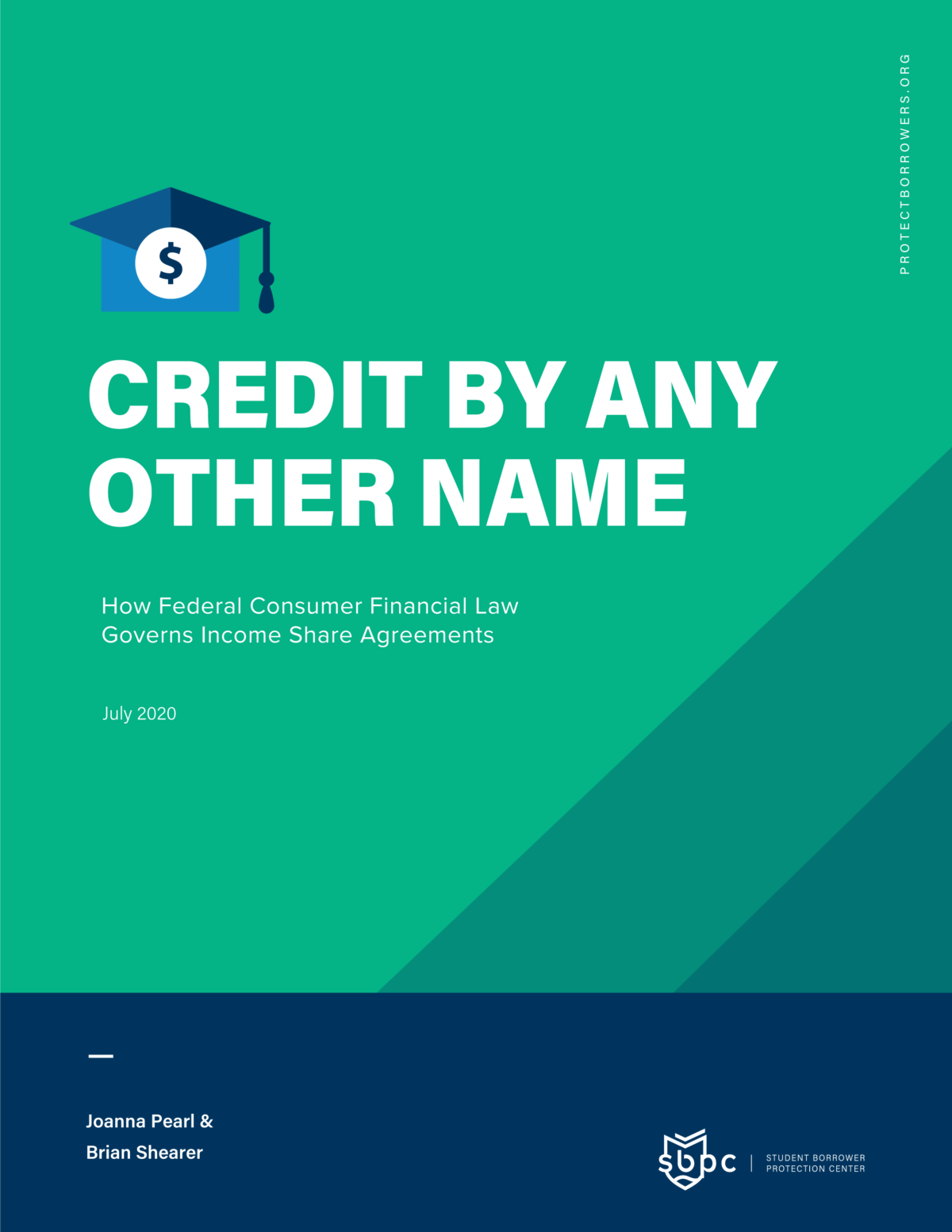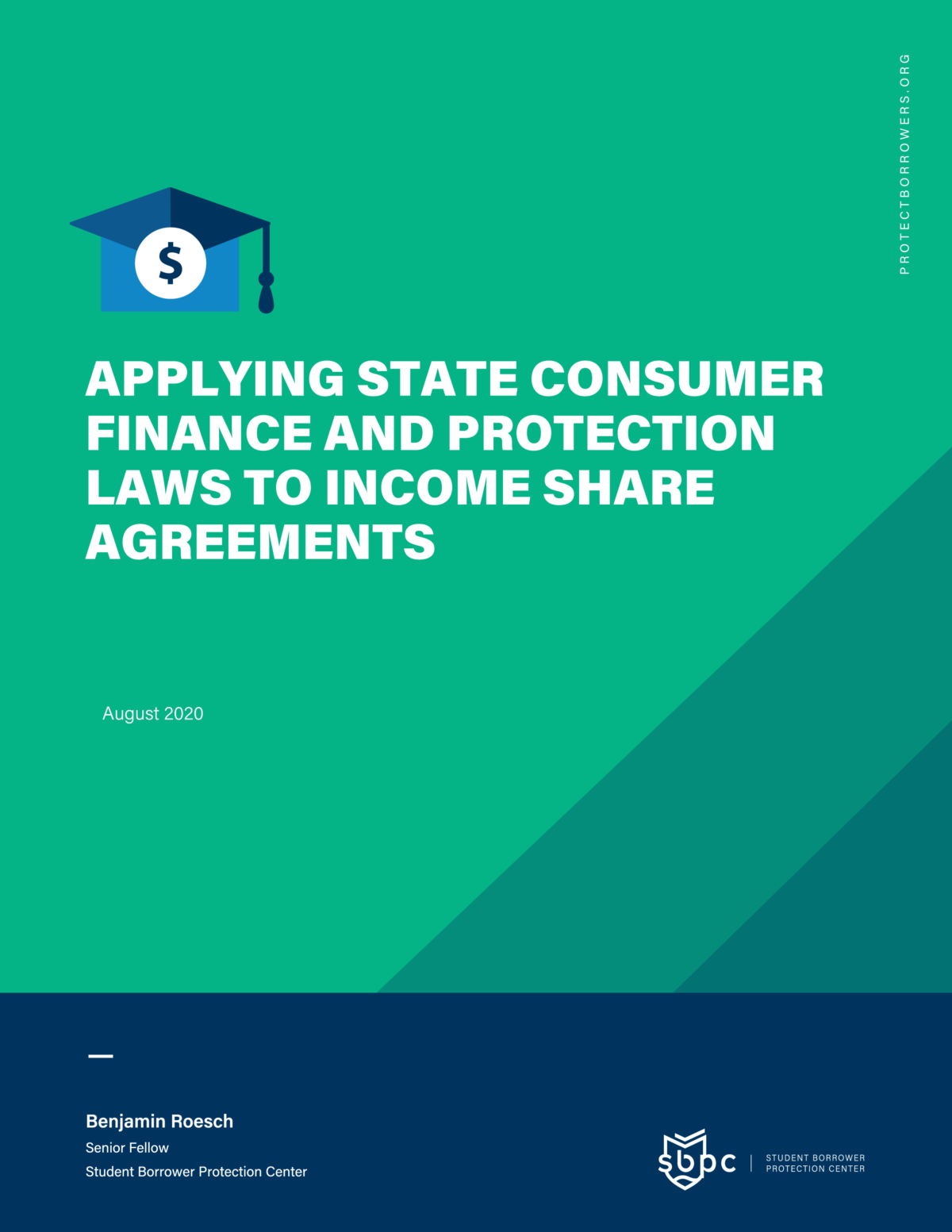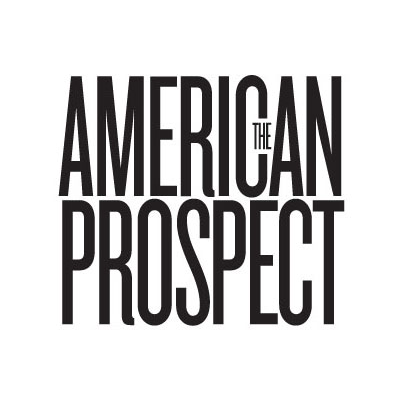Income Share Agreements (ISAs) are financing products that require students to pledge a portion of their future income in exchange for money to pay for college. ISAs have been touted by venture capitalists and Silicon Valley as a solution to the student debt crisis, but these products pose serious risks to students and could violate a number of federal and state laws.
The SBPC is working with partners to analyze and expose the potential harm ISAs may cause to borrowers and raise awareness among policymakers and institutions.
ISA Work Spotlight:

This report exposes a scheme by the failed for-profit coding bootcamp Make School, Inc. and the private non-profit college Dominican University to drive hundreds of largely low-income students to each take on thousands of dollars of predatory private student loans and, for some, federal student loans.

In a letter to the Department of Education, the SBPC exposes how Purdue University’s notorious “Back-A-Boiler” private student loan program puts students at risk and flagrantly violates the law.

It is long past due for policymakers, regulators, law enforcement, and Congress to hold ISA providers and the bootcamps that rely on them accountable, and to protect borrowers from these predatory shams.

California has long been a leader in student borrower protection. A new memo outlines how policymakers and law enforcement in the Golden State can protect borrowers from predatory income share agreements.

Students and Advocates Take Action Against Sham For-Profit School and Student Loan Company
Two former students, with the support of the SBPC, filed lawsuits against a predatory online bootcamp scheme and a nationwide provider of ISAs, alleging widespread deceptive practices, illegal lending, and unlawful collection of student loans. SBPC referred the ISA company to the CFPB.

Letters to Federal Regulators on Income-Share Agreements
In light of recent action by the Consumer Financial Protection Bureau to affirm that income share agreements (ISAs) are a form of private student loan that must comply with all relevant state and federal consumer financial protections, the SBPC sent letters to a number of federal agencies highlighting the need for increased scrutiny of the ISA market.

SBPC Statement on California DFPI Consent Order with Income Share Agreements Servicer Meratas
The California Department of Financial Protection and Innovation announced a landmark consent order with New York-based Meratas, Inc., a company that partners with educational institutions to offer students ISAs to finance post-secondary education and training. This is the first public enforcement action by a regulator against an ISA provider.

Lawsuit Against Coding Academy and ISA Provider Alleges Illegal Lending and Deceptive Practices
47 former students sued Make School, Inc. an operator of a for-profit coding academy, and Vemo Education, Inc. the Income Share Agreement company, for jointly creating and offering a predatory, high-cost ISA to attend the academy.

Income Share Agreements and Liability for Servicing Unenforceable Debt
This memo explores how state law may render many ISA companies’ contracts unenforceable, and how the continued servicing of voided debts may amount to a violation of state and federal law.

The ISA Market is Getting Bigger and Weirder, Putting Borrowers at Increasing Risk
The practice of building credit products with income-based repayment features and subsequently attempting to evade consumer protection law is rapidly growing. Without action by regulators, ISAs could be the next chapter in the long history of predatory lending.

The SBPC and coalition partners sent a letter to the Office of the Comptroller of the Currency— the nation’s top bank regulator—urging careful scrutiny of the “partnership” between Blue Ridge Bank, a federally chartered national bank, and MentorWorks, a student financing company that offers ISAs.

Income Share Agreements and TILA’s Ban on Prepayment Penalties
In a memo, the SPBC explores how the Truth in Lending Act’s (TILA) consumer protections prohibit a prominent feature of Income Share Agreements (ISAs) known as a “prepayment penalty”—a lending industry practice that forces borrowers to pay an extra sum if they want to pay off a debt early.

Extensive mystery shopping by the SBPC reveals potentially harmful business practices and possible fair lending risks by Stride Funding, an education finance firm that originates and markets Income Share Agreements (ISAs).

In a memo, the SPBC highlights how ISA companies are unlawfully depriving students of the ability to protect themselves from fraud by leaving out of their ISA contracts language required under the Federal Trade Commission’s (FTC) “Holder Rule.”

Emerging Risks Virtual Conference Series
The SBPC’s virtual conference series convened advocates, legal experts, industry representatives, and state law enforcement officials for three panels to discuss the role of federal and state consumer law in protecting students in the marketplace for Income Share Agreements.

Advocates File Complaint with FTC Urging Action Against Vemo for Deceptive Marketing Practices
The SBPC and NCLC urged the Federal Trade Commission to investigate Vemo Education, Inc. for unfair and deceptive business practices in its marketing and promotion of ISAs for students.

As Coronavirus Crisis Rages, ISA Companies Ramp Up to Reap the Reward
Before the ink had dried on 30 million Americans’ layoff notices, companies peddling ISAs were already trotting out crafty PR pitches, misleading marketing materials, and new predatory programs aimed at exploiting this crisis.

What Is “Credit”? AfterPay, Earnin’, and ISAs
By Professor Adam Levitin: There’s good reason to think that some, if not all, ISAs involve a debt and are therefore “credit,” making them subject to the full panoply of federal consumer finance regulations.
ISA Paper Series: Emerging Risks
This paper series explores the role that consumer protection laws play in safeguarding borrowers from the harms posed by ISAs. Authored by legal experts at the forefront of consumer law, the papers look at how ISAs fit into the existing consumer financial protection framework, highlighting a strong legal foundation for policymakers and regulators as they seek to oversee these products and protect students.

Credit By Any Other Name: How Federal Consumer Financial Law Governs Income Share Agreements
This paper examines the industry argument that ISAs are “not credit,” and that therefore federal consumer protection laws do not apply. Analyzing the numerous federal laws that define “credit” and protect consumers in credit transactions, this paper lays out how ISAs share many characteristics with traditional student loans and how these financial products fall squarely within the consumer financial laws which broadly apply to credit products.

Solving Student Debt or Compounding the Crisis?: Income Share Agreements and Fair Lending Risks
This paper examines how the antidiscrimination framework underpinning federal and state fair lending laws apply to ISAs, with a particular focus on the Equal Credit Opportunity Act. Although ISAs have been touted as a solution to the student debt crisis, features of existing ISAs threaten to exacerbate inequalities.

Applying State Consumer Finance and Protection Laws to Income Share Agreements
This paper surveys state consumer finance and consumer protection laws to examine their application to ISAs. From origination to servicing to collections, a framework to protect borrowers with ISAs already exists at the state level, despite contrary claims by the ISA industry.
ISAs in the News:

A Novel Way to Finance School May Penalize Students From H.B.C.U.s, Study Finds
Income-share agreements are gaining popularity, but a new analysis highlights how calculations of what borrowers owe can penalize minorities.

Groups to FTC: Company Pushing Student Income Share Agreements Deceives Customers
The groups say Vemo engages in deceptive marketing that could result in college students paying thousands of dollars in unexpected costs, and they are asking the FTC to order restitution for borrowers harmed by these alleged practices.

Will Income Share Agreements Be the Next Payday Loans?
Despite marketing that claims ISAs are “not a loan,” lack an interest rate, and align the interests of the college and the student, ISAs operate like traditional private loans. They are often funded by private investors, require repayment in all but the most dire circumstances, and include draconian consequences for default.

The National Consumer Law Center and the Student Borrower Protection Center filed a complaint with the Federal Trade Commission on Monday, asking the agency to look into practices by Vemo Education, alleging the company provided potential customers with inaccurate information about its own and competitors’ products.